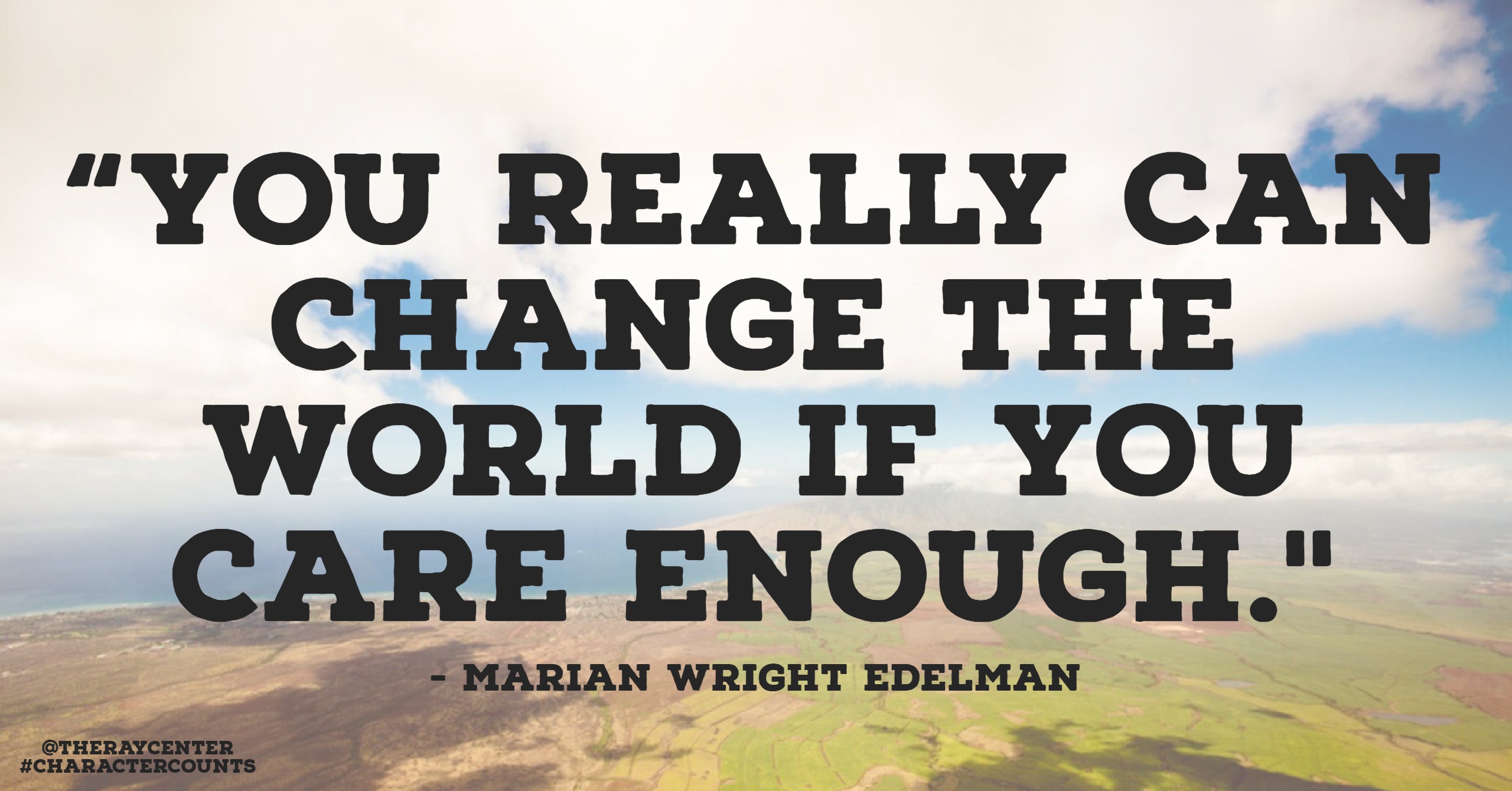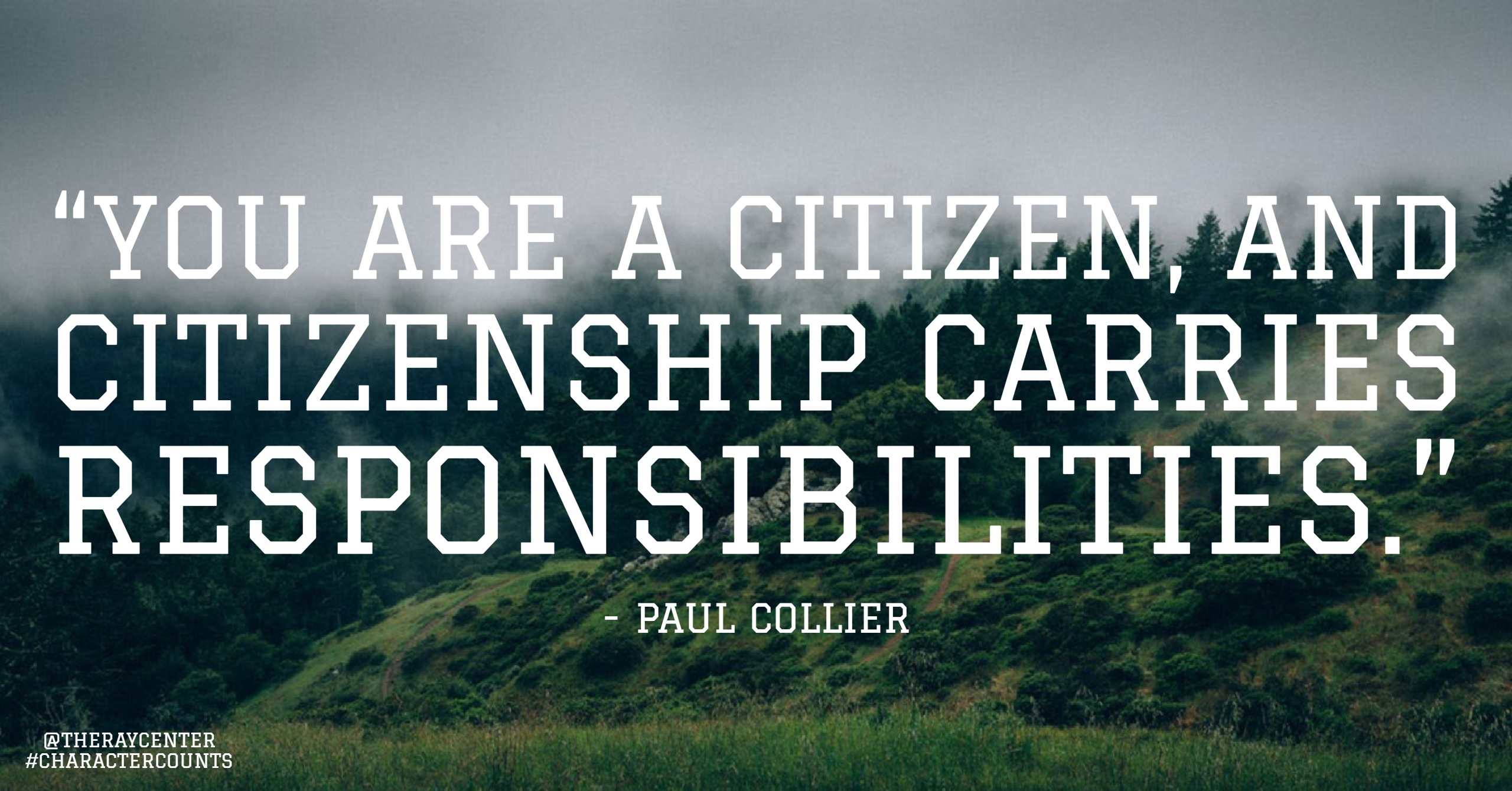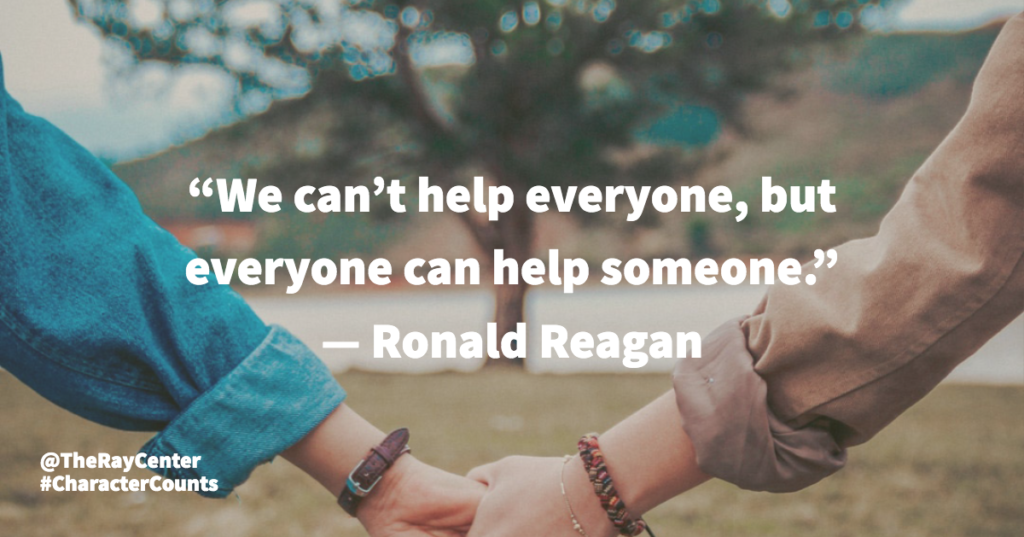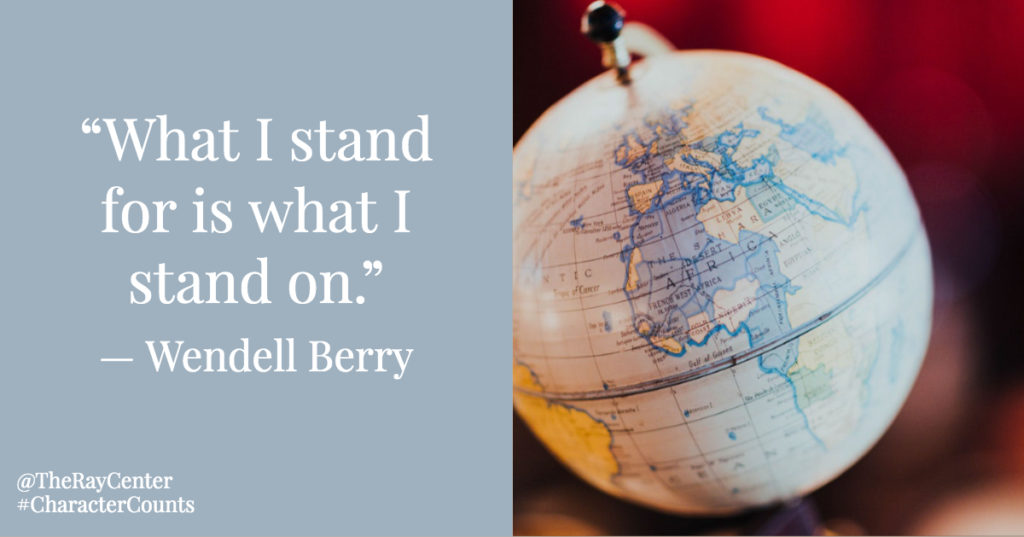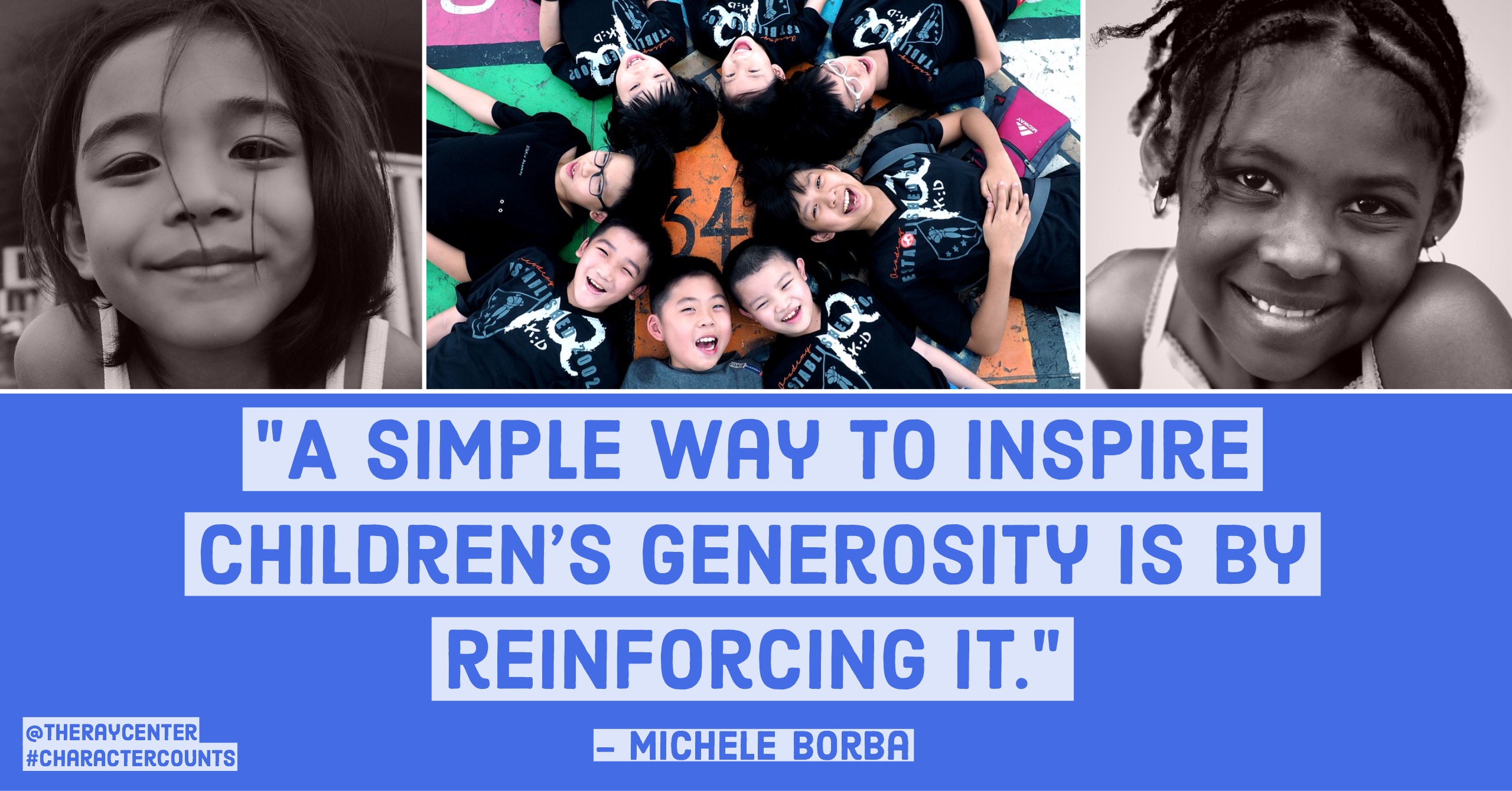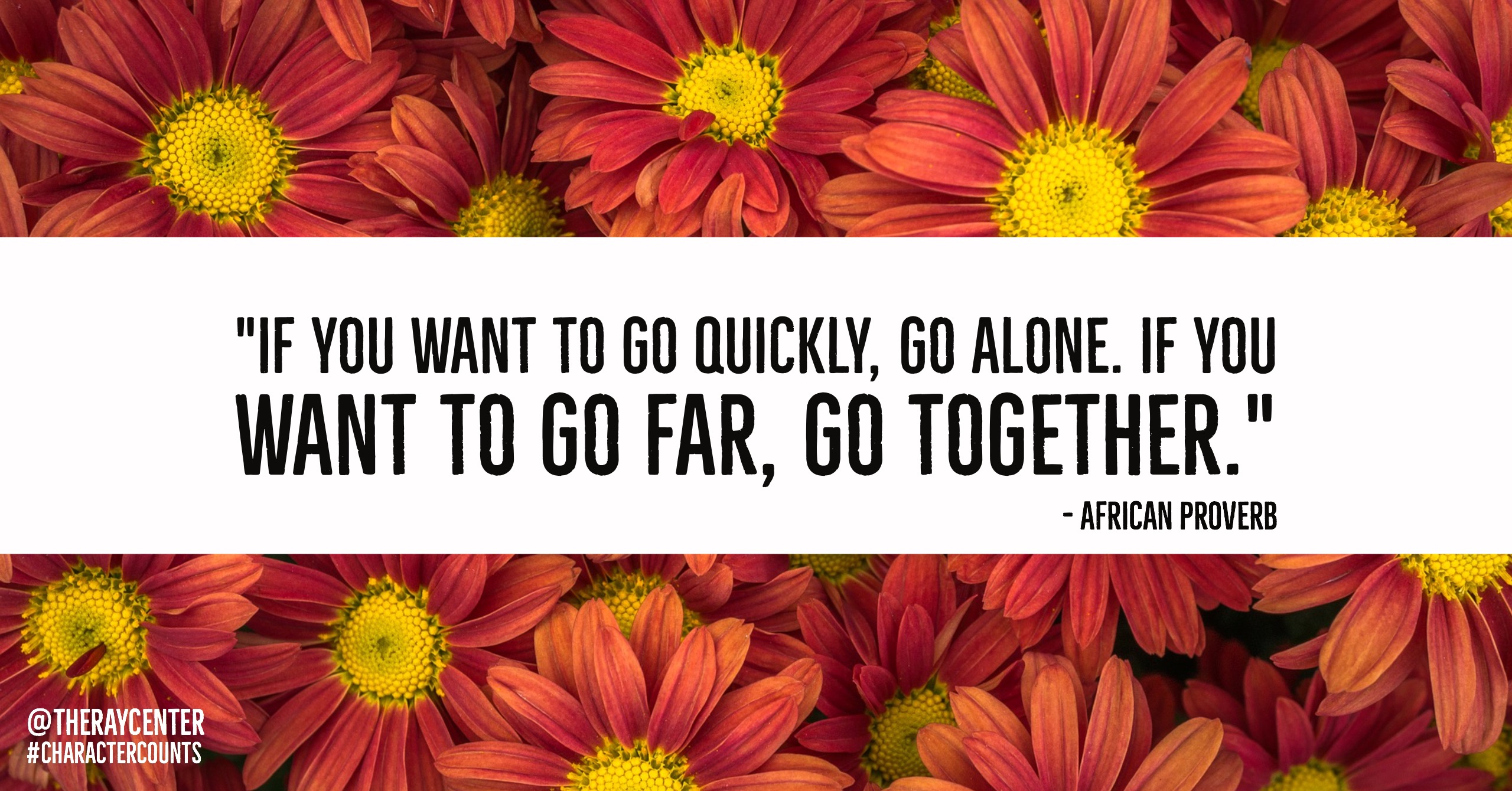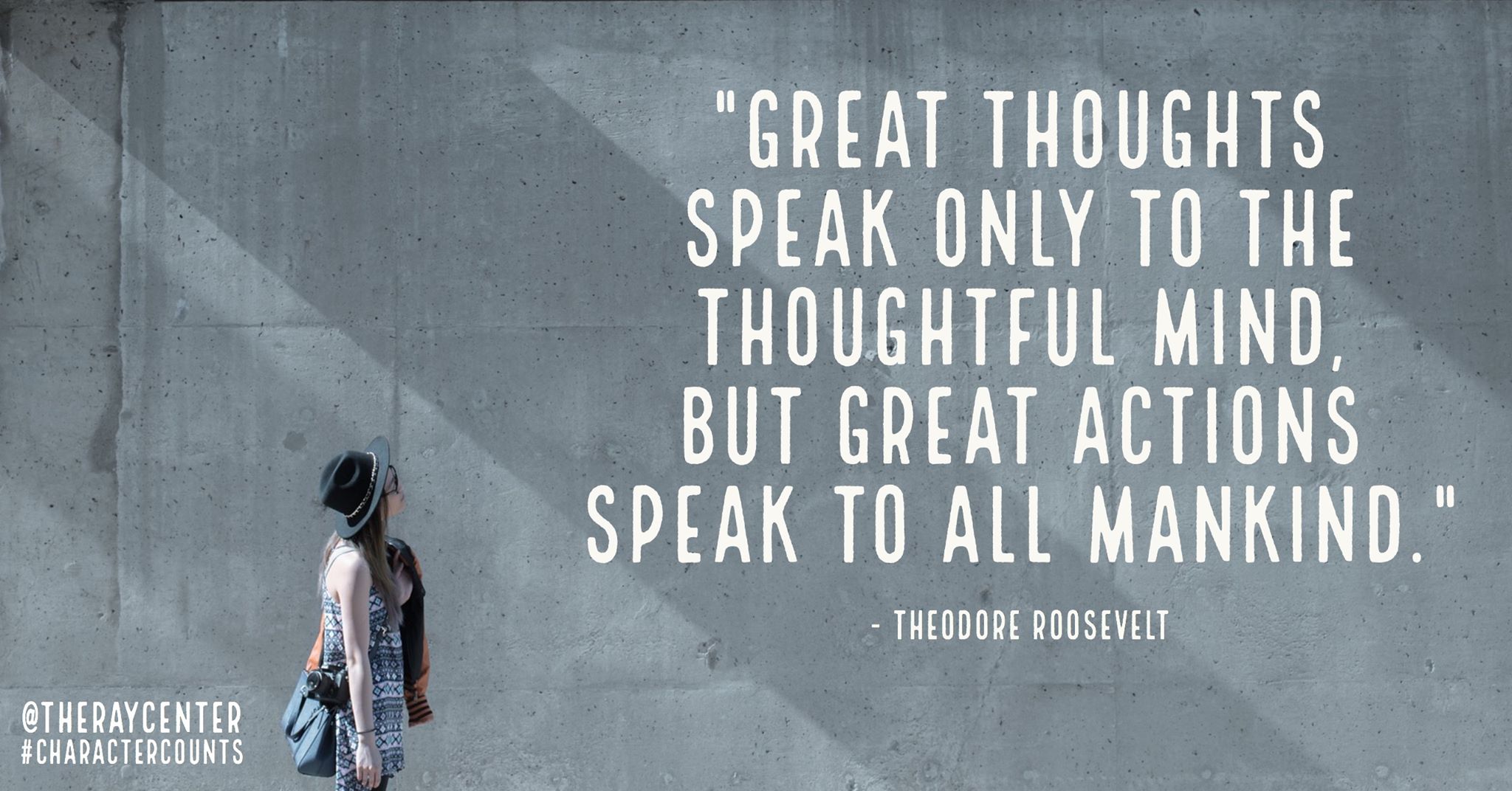You and your country

A citizen carries responsibilities
Tolerance and intolerance: The good, the bad, and the ugly
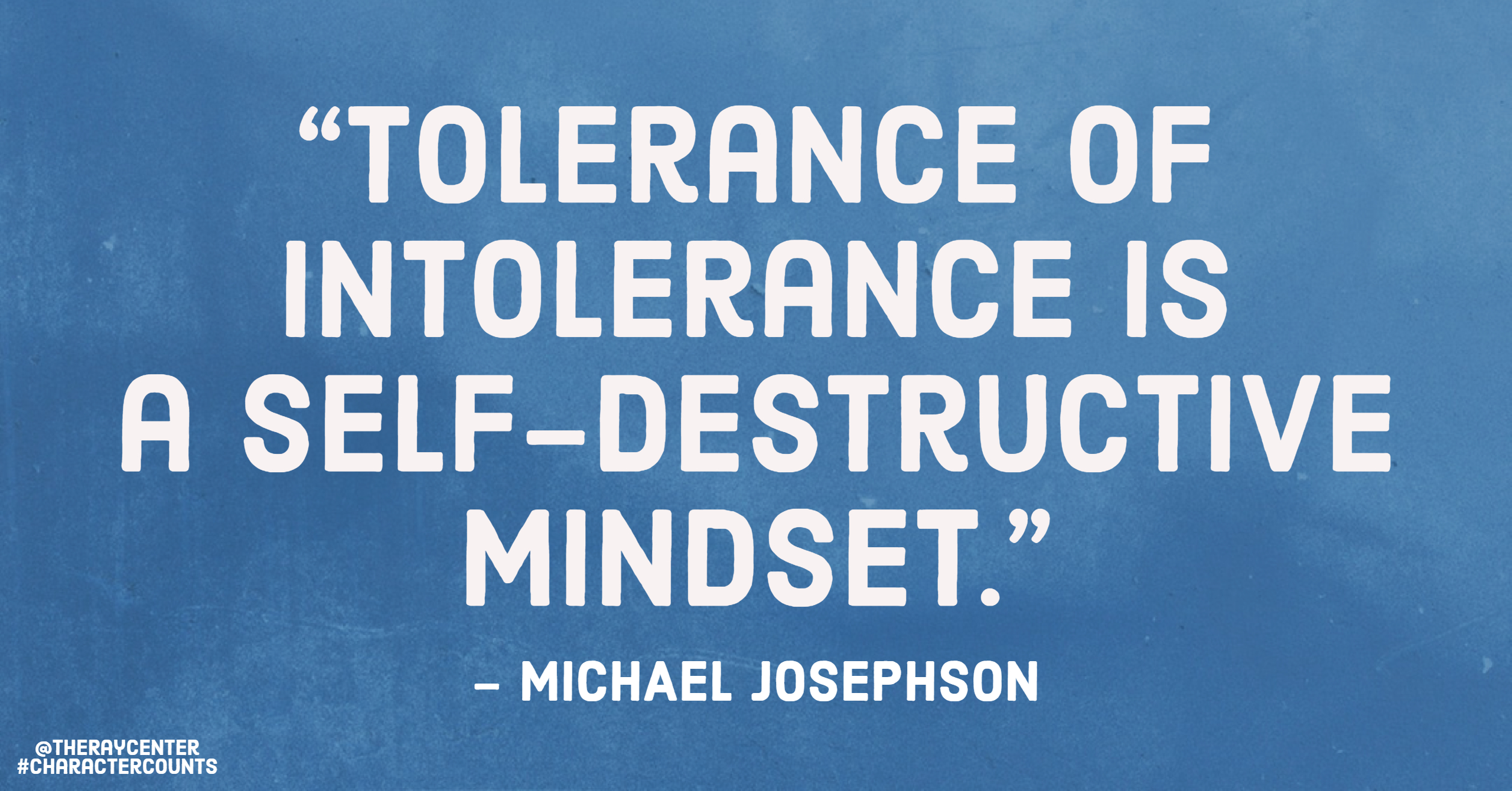
From our guest contributor, Michael Josephson.
What is tolerance and is it always a good thing? It helps to understand various aspects of this concept.
Basic Definition. Tolerance is demonstrated by an ability and willingness to accept and respect different people, ideas, and practices. Tolerance promotes non-judgmental, open-minded, patient, permissive live and let live attitudes toward diverse people, ideas and practices. It is an essential virtue in a democratic society. Tolerance, an antonym of intolerance, bigotry, narrow-mindedness and prejudice and it requires respectful acceptance of racial, ethnic and physical characteristics; unpopular, unorthodox or offensive beliefs, opinions and practices, especially those that tend to evoke hatred, prejudice, disdain, contempt, or passionate disagreement.
Passive and Active Tolerance. Tolerance and intolerance can be passive or active. Passive tolerance and intolerance refers to privately held attitudes that are not reflected in words or actions. Active intolerance is demonstrated by words or acts of opposition, derision, prejudice or persecution while active tolerance embodies words or action of acceptance, support or appreciation.
Continuum of Tolerance. Tolerant attitudes embrace a range of five attitudes: 1) indifferent acknowledgement, 2) grudging endurance despite discomfort or disagreement, 3) whole-hearted acceptance, 4) empathetic understanding, 5) respect and appreciation.
Judgmentalness. This refers to people who offer uninvited, hypercritical, disapproving, disparaging and even condemnatory judgments about the way another person thinks, lives or acts. It is a sibling of intolerance and a form of disrespect.
Limitations on Tolerance. Unlimited, un-discerning tolerance ceases to be a social virtue when it accepts, allows, condones or supports or enables attitudes and actions that should be intolerable in a just and humane democratic society. We may not always agree on who is or is not a bigot, but we should agree to oppose bigotry in all its forms. This is not a partisan issue. Tolerance of intolerance is a self-destructive mindset.
Intolerance of Intolerance. Paradoxically, a tolerant society requires intolerance of bigotry, prejudice and croup-related hatred. While there is some controversy as the outer limits of what is intolerable, a tolerant society must discourage, repress or prevent certain groups and individuals who preach or practice extreme levels of intolerance including conduct that is inhumane, injurious, disrespectful of the dignity of others, or otherwise socially malevolent. For example, most people would view bigotry and any form of persecution, abuse of children, lynchings and other forms of vigilante justice, murders, rapes, torture and other such conduct as intolerable.
Controversy: Civility vs. Political Correctness. Just as some fear that tolerance can go too far, there are those who believe the limitations on tolerance are intolerable. Advocates of tolerance seek to reduce or eliminate words, attitudes and actions that exclude, marginalize, or insult groups of people who are socially disadvantaged or discriminated against. The pejorative use of the term “political correctness” refers extreme or excessive efforts to suppress of condemn generalizations and characterizations that, though negative, are nevertheless true.
This is Michael Josephson reminding you that character counts.
 Michael Josephson is an influential and internationally renowned champion of character education for youth and ethical conduct in business, government, policing, journalism, sports, healthcare and law. He is credited by many as the person most responsible for reviving and professionalizing the character education in school and youth-serving organizations. In 1992, under the auspices of the Josephson Institute he created CHARACTER COUNTS!, the world’s most widely implemented character development initiative based on a common language of shared values – the Six Pillars of Character) and Pursuing Victory With Honor (1996), a companion program promoting ethics in sports.
Michael Josephson is an influential and internationally renowned champion of character education for youth and ethical conduct in business, government, policing, journalism, sports, healthcare and law. He is credited by many as the person most responsible for reviving and professionalizing the character education in school and youth-serving organizations. In 1992, under the auspices of the Josephson Institute he created CHARACTER COUNTS!, the world’s most widely implemented character development initiative based on a common language of shared values – the Six Pillars of Character) and Pursuing Victory With Honor (1996), a companion program promoting ethics in sports.
7 keys to a respectful meeting

We can all play a part in improving respect and civility in our community. To help achieve this goal, our expectations are that we will:
- Listen attentively
Stay in the moment. Pay attention to what is being said instead of thinking ahead to what you want to say in response. - Respect the opinions of others
You don’t have to agree. Respect that others have their own experiences that shape their opinions. - Keep an open mind
Take time to weigh all sides of an issue. - Give constructive comments, suggestions & feedback
Before you speak, ask yourself if what you have to say is helpful, civil, and necessary. - Avoid personal attacks
Getting personal doesn’t advance the conversation, and doesn’t build a positive rebut. - Remember the things we have in common
Start with what you agree on. You may have less disagreement than you thought. - Value people, the process, and the results
If others are willing to discuss difficult issues, show appreciation for their participation and the results.
For you to consider:
What other meetings could you use these expectations? Are people in leadership positions being good role models of respectful behavior? Are there any additional expectations that would be beneficial for your group to add?
Help someone
Stand on
10 ways to raise a charitable child
From our guest contributor, Michele Borba.
Over and over, researchers are finding that empathy is the cornerstone for becoming a happy, well-adjusted, successful adult. Studies show that possessing empathy also makes children more likable, more employable, better leaders, and even more conscience-driven. The best news is that empathy can be cultivated, and one of the best empathy generators are service projects to help kids step out of their comfort zones, open their eyes, and expose them to others’ lives. Here are 10 simple, science-backed tips adapted for this blog from my book, “UnSelfie: Why Empathetic Kids Succeed In Our All-About-Me World” to inspire generosity in your children 365 days a year:
1. Prioritize caring. Prioritize charitableness in your family chats. Be clear that you expect them not only to do their academic best, but to care about others. Display photos of your kids engaged in thoughtful endeavors, rather than just showcasing their school successes, athletic prowess or having them look cute for the camera, so they recognize that how much they care about others matters to you.
2. Be a charitable role model. The old saying, “Children learn what they live,” has a lot of truth to it. Studies show that if parents are generous and giving, kids are likely to adopt those qualities. So show your child the joy you get by giving.
There are so many daily opportunities: phoning a friend who is down, collecting blankets for the homeless, volunteering at a food bank. After volunteering, be sure to tell your child how good it made you feel.
3. Make it a family routine. A simple way to inspire children’s generosity is by reinforcing it. Keep a box by your backdoor to encourage family members to donate their gently used toys, games or books. Then each time the box is filled, deliver the items as a family to a shelter or needy family. Make charity a routine ritual that becomes a cherished childhood memory.
4. Acknowledge charitableness. Whenever your child acts in a kind-hearted way, say so: Thank them for being kind or helping out. Also, let your kids overhear (without them thinking they’re supposed to) you describing their caring qualities to others.
5. Use real events. Instead of just bemoaning bad news, talk about how you might help in the local community. It could be donating items to help after a widely publicized fire, or thinking about ways to assist the most vulnerable – like the homeless – during the winter. You can start at home, too, such as teaching them to be there for a family member who is going through a hard time.
6. Start a “giving plan.” Encourage your children to give a portion of their allowance – or tooth fairy money – to a charity of their choice. Provide three small plastic containers for younger kids or envelopes for teens that are labeled: “Save,” “Spend,” and “Give,” and help them decide which percentage of their money is to be allocated to each container.
7. Find your child’s passion. Kids are more likely to want to get involved in service projects that match their interests. Help your kids choose something they’re good at and enjoy doing. If he loves reading: read to the blind; enjoys writing: be a pen pal to an overseas orphan; likes sports: volunteer for the Special Olympics; is musical: play at a homeless shelter; enjoys knitting: knit a beanie for a soldier. You get the idea.
8. Make charity a family affair – or share the experience with friends. Find a service to do together, like serving in a soup kitchen. If your child enjoys volunteering with friends, ask if she’d like to do her project with someone. Or your child can form a club with neighbors, classmates, members of their scout troop or a church group.
9. Recap their impact. Research has found that children who are given the opportunity to help others tend to become more helpful, especially if the impact of their helpful actions is pointed out. So encourage your child to reflect on her volunteering experiences: “What did the person do when you helped? How do you think he felt? How did you feel? Is lending a hand easier than it used to be?” And do remind your kids that their caring efforts are making a difference.
10. Keep giving. A once-a-year day of volunteering is rarely enough for a child to adopt a charitable mindset. Look for ways to help your children experience the joy of giving on a regular basis: baking an extra batch of cookies for the lonely neighbor next door, adopting an orphan overseas (a portion of their allowance each week goes to that child), singing to a nursing home to add a little joy. The goal of getting kids involved in charity is not about winning the Nobel Peace Prize, but to give them the opportunity to experience goodness.
The truth is, kids don’t learn how to be kind from reading about it in a textbook, but from doing kind deeds. The more children witness or experience what it feels like to give, the more likely they will develop a charitable spirit. And that’s how we’ll raise the next generation to be good, caring people.
Dr. Michele Borba is an educational psychologist, parenting expert, TODAY show contributor and author of 22 books including The Big Book of Parenting Solutions: 101 Answers to Your Everyday Challenges and Wildest Worries and UnSelfie: Why Empathetic Kids Succeed in Our All-About-Me World.
Check out: micheleborba.com or follow her on Twitter @micheleborba.
